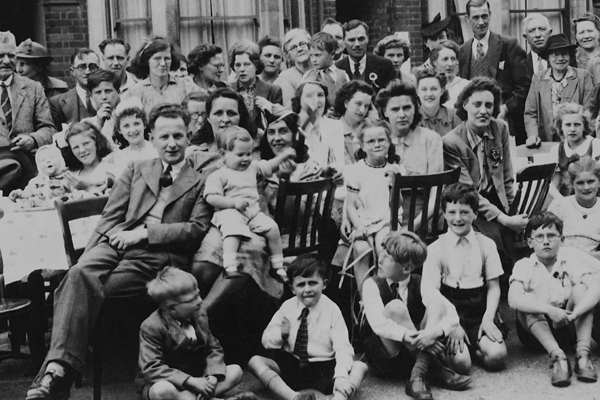1. The Battle of Hastings (1066):
- In 1066, William the Conqueror's Norman forces defeated King Harold II's Anglo-Saxon army in this decisive battle, leading to the Norman conquest of England and the start of the Plantagenet dynasty.
2. The Magna Carta (1215):
- In 1215, King John was forced to sign the Magna Carta, a document that laid the foundation for modern constitutional law and limited the powers of the monarchy.
3. The Hundred Years' War (1337-1453):
- This prolonged conflict between England and France significantly impacted both nations, resulting in events like the Battle of Agincourt and Joan of Arc's involvement.
4. The English Civil War (1642-1651):
- The conflict between Parliamentarians and Royalists led to the execution of King Charles I and the establishment of the Commonwealth of England under Oliver Cromwell.
5. The Glorious Revolution (1688):
- King James II's overthrow and the ascension of William III and Mary II marked a shift towards constitutional monarchy and parliamentary sovereignty.
6. The Industrial Revolution (18th-19th centuries):
- The UK played a pivotal role in the Industrial Revolution, transforming agriculture, manufacturing, and transportation, leading to significant economic and social changes.
7. The Act of Union (1707 and 1801):
- The union of England and Scotland in 1707 and the subsequent union with Ireland in 1801 laid the groundwork for the formation of the United Kingdom.
8. The Abolition of the Slave Trade (1807):
- The UK passed the Abolition of the Slave Trade Act, a crucial step toward the eventual abolition of slavery within the British Empire.
9. The Suffragette Movement (early 20th century):
- The struggle for women's suffrage, led by figures like Emmeline Pankhurst, culminated in the Representation of the People Act in 1918, granting some women the right to vote.
10. The Two World Wars (1914-1918 and 1939-1945):
- The UK played a pivotal role in both World War I and World War II, with significant events like the Battle of the Somme and the Battle of Britain.
11. The Formation of the NHS (1948):
- The National Health Service (NHS) was established, providing free healthcare to the UK's population and becoming a symbol of social welfare.
12. The Queen's Coronation (1953):
- Queen Elizabeth II's coronation marked a significant moment in the UK's history and the continuation of the monarchy.
13. The End of Empire (mid-20th century):
- The process of decolonization led to the dissolution of the British Empire, with former colonies gaining independence.
14. Brexit (2020):
- The UK's decision to leave the European Union (EU) in 2020, following a referendum, had far-reaching political, economic, and social consequences.
These historical events and anniversaries offer a glimpse into the UK's rich and complex history, reflecting its influence on global affairs and the enduring impact on modern society. The nation's history is a tapestry of triumphs, challenges, and transformations that continue to shape its identity today.




Comments (0)